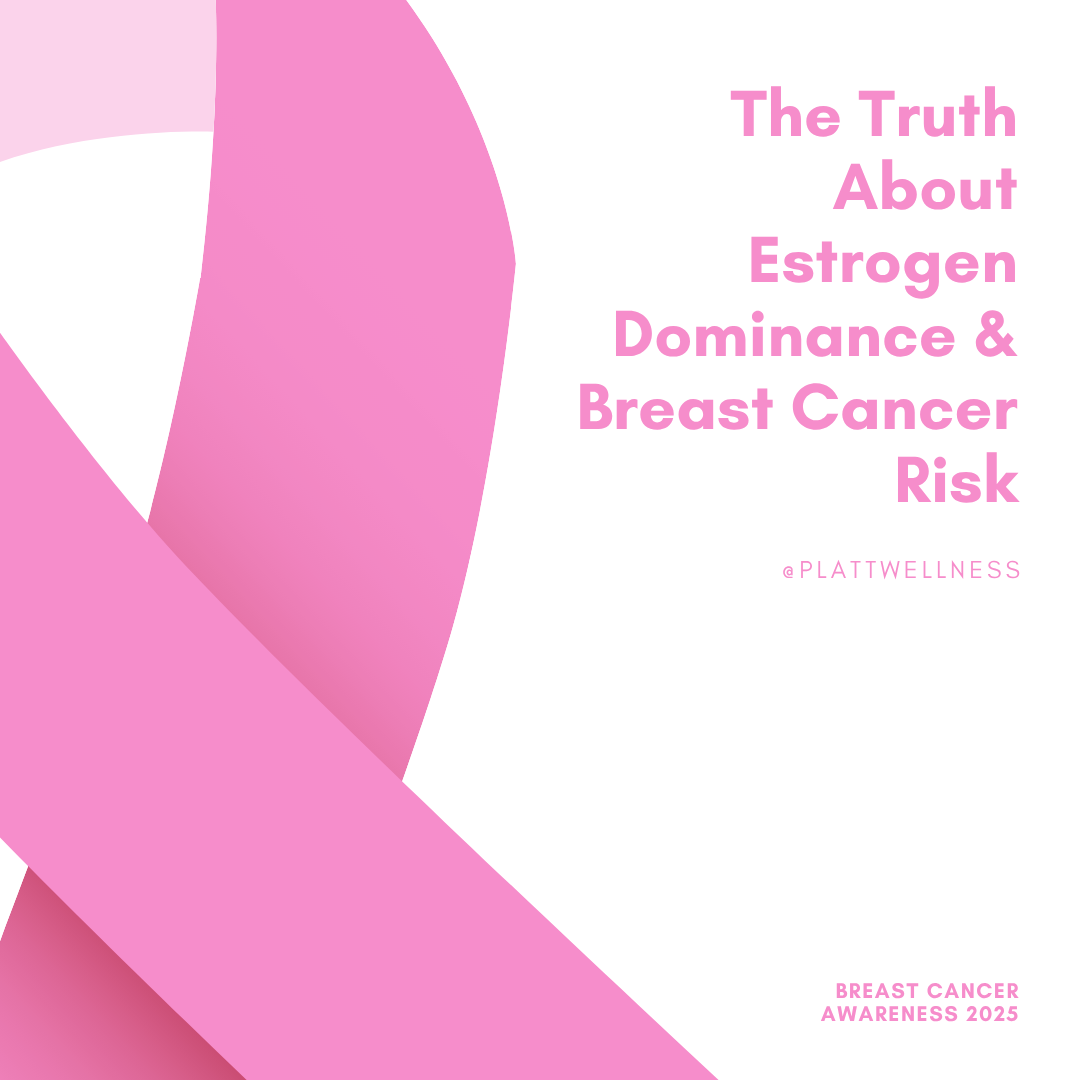As women approach menopause, hormonal changes can affect insulin sensitivity. Some women may experience insulin resistance during perimenopause and menopause, leading to an increased risk of conditions like type 2 diabetes.
Insulin is one of the “major” hormones and it has a cascading effect on the rest of your hormones, including the “minor” hormones estrogen, progesterone and testosterone.
Estrogen plays a role in maintaining insulin sensitivity, and its decline during menopause may contribute to insulin resistance. Lifestyle factors such as diet and physical activity also play a significant role in insulin sensitivity.
Regular exercise and a balanced diet can help manage insulin resistance. If you have concerns about insulin resistance or related conditions, it's advisable to discuss them with a healthcare provider who can provide guidance based on your specific health status.
Insulin resistance can develop gradually, and individuals may not always notice symptoms early on.
However, some common signs and symptoms associated with insulin resistance include:
Increased Hunger: Individuals with insulin resistance may experience frequent hunger, even shortly after eating.
Weight Gain: Difficulty in losing weight or unexplained weight gain, especially around the abdominal area, can be a symptom.
Fatigue: Feeling tired or lacking energy is a common complaint associated with insulin resistance.
Frequent Urination: Insulin resistance can contribute to higher levels of insulin in the bloodstream, leading to increased urine production.
Increased Thirst: Experiencing excessive thirst may be a result of increased urine production.
Blurred Vision: Fluctuations in blood sugar levels due to insulin resistance can affect vision.
Darkened Skin Patches: A condition known as acanthosis nigricans may result in dark, velvety patches of skin, often on the neck, armpits, or groin.
Polycystic Ovary Syndrome (PCOS): Insulin resistance is commonly associated with PCOS, which can cause symptoms such as irregular menstrual cycles and infertility.
Menopause plus insulin resistance leads to symptoms
For women, Menopause can have an impact on insulin resistance due to hormonal changes, particularly the decline in estrogen levels. Estrogen plays a role in maintaining insulin sensitivity, and its reduction during menopause can contribute to the development of insulin resistance. Here's how menopause may affect insulin resistance:
Estrogen Decline: Estrogen has been shown to enhance insulin action and promote glucose uptake. As women approach menopause, there is a significant decline in estrogen levels. This decline is thought to be associated with an increase in insulin resistance.
Changes in Fat Distribution: Menopause can lead to changes in body fat distribution, with an increased tendency to accumulate fat around the abdomen. Abdominal or visceral fat is associated with insulin resistance and an increased risk of metabolic disorders.
Metabolic Changes: Menopause is often accompanied by changes in metabolism, including alterations in lipid profiles and increased inflammation. These changes can contribute to insulin resistance.
Onset of Metabolic Syndrome: Menopausal women may be at a higher risk of developing metabolic syndrome, a cluster of conditions including insulin resistance, high blood pressure, abnormal lipid profiles, and abdominal obesity.
Risk of Type 2 Diabetes: The combination of hormonal changes, altered fat distribution, and metabolic shifts can increase the risk of developing type 2 diabetes during and after menopause.
While menopause itself does not guarantee the development of insulin resistance, these hormonal and metabolic changes can contribute to its onset. Lifestyle factors such as diet, exercise, and weight management become particularly important during this life stage to help mitigate the risk of insulin resistance and related conditions. Regular monitoring of health, including blood sugar levels, is advisable, and consultation with a healthcare professional can provide personalized guidance based on an individual's health status.
You may want to get a complete weight loss panel blood test. We recommend Life Extension. Click here for more information.
If you are insulin resistent you may initially have side effects when starting with Progesterone cream. You may need to reduce dose, then titrate up again until your insulin is more balanced. Read more here.








